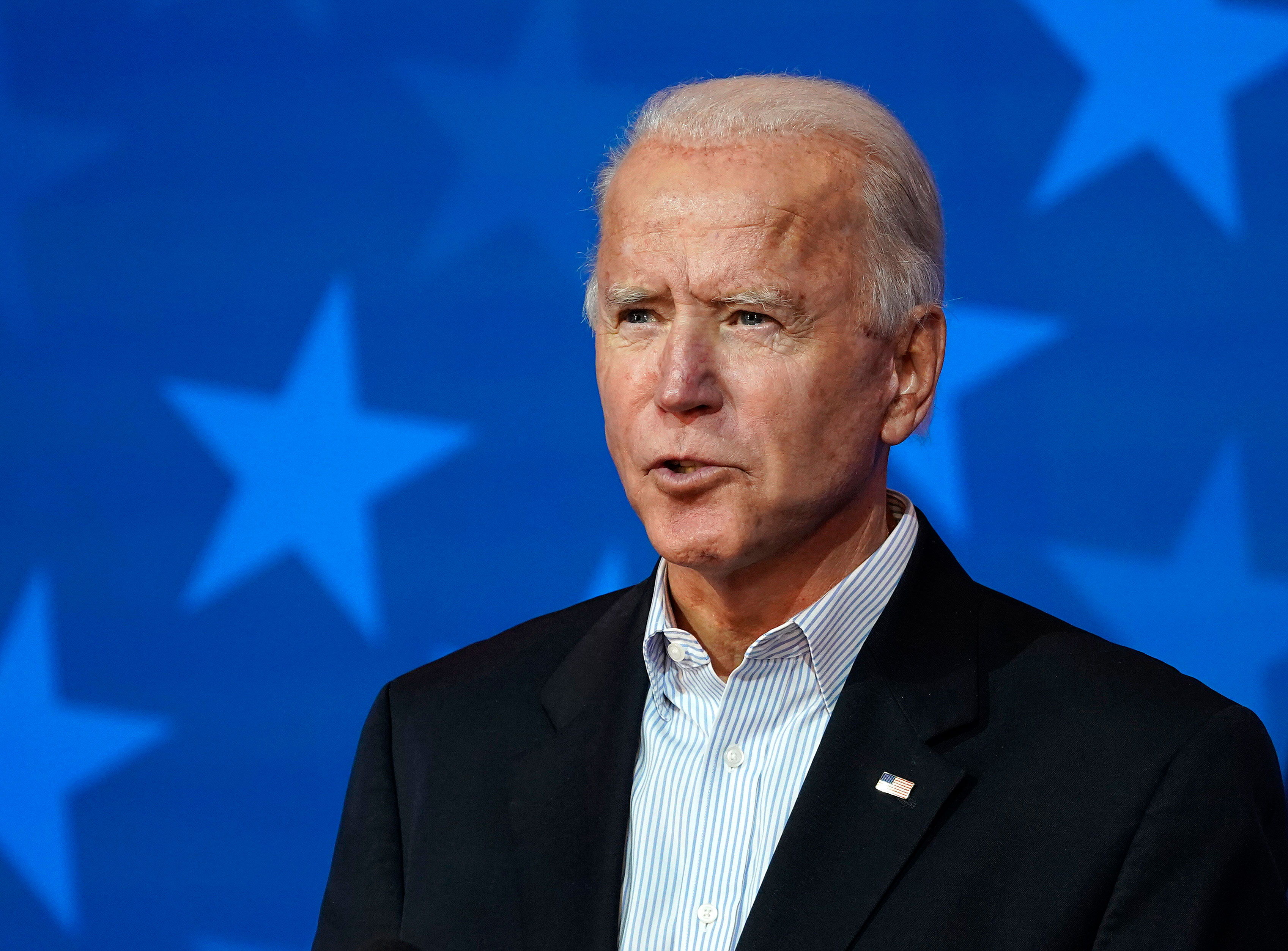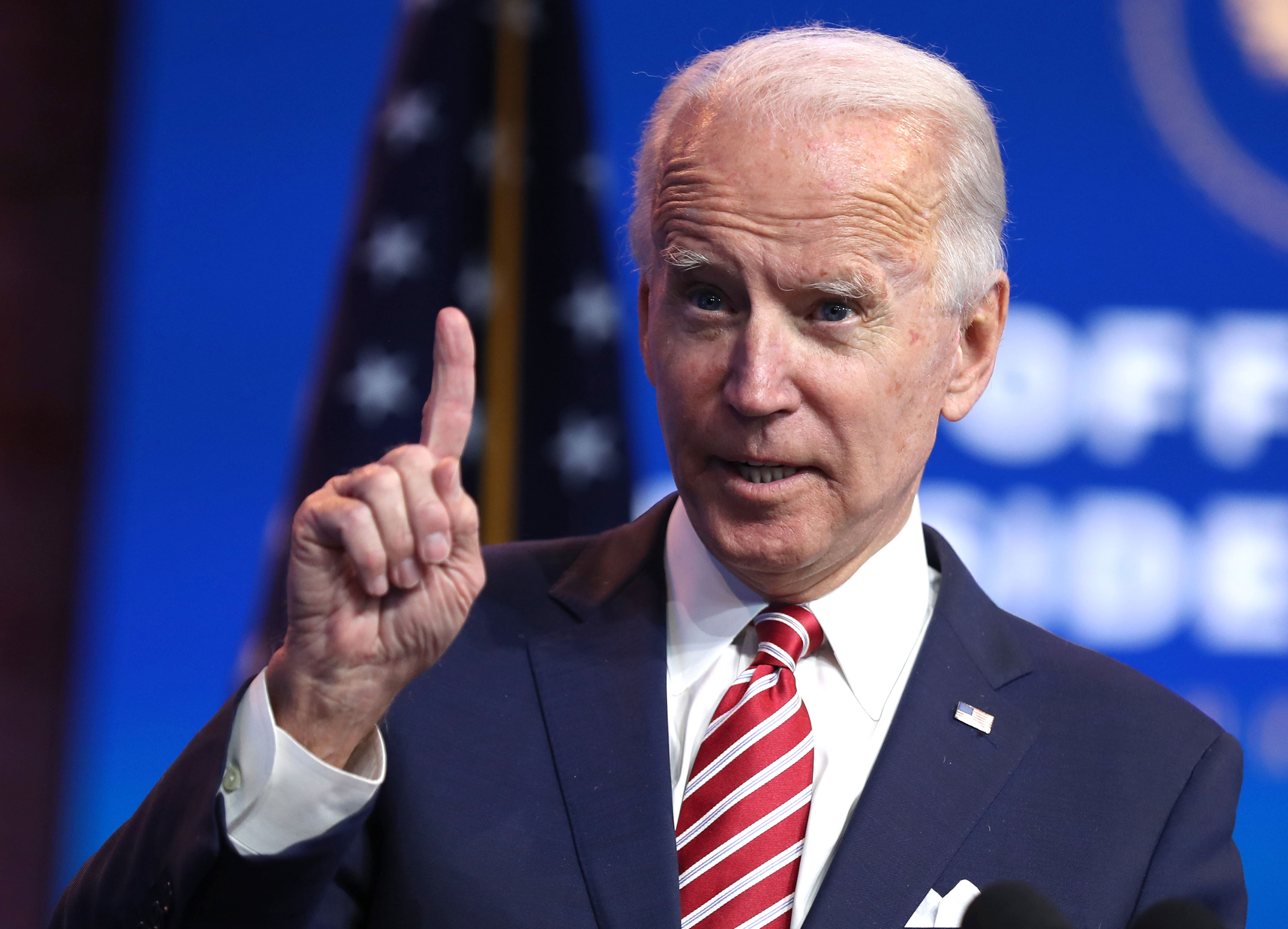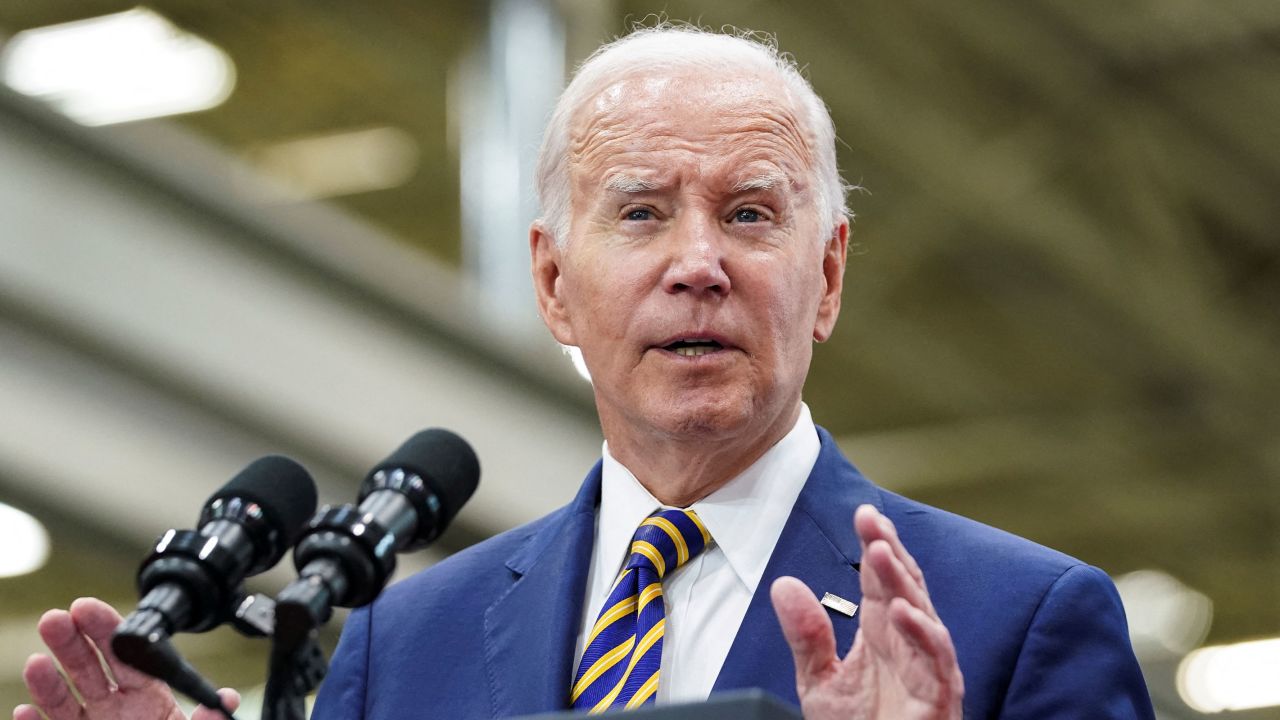There's been a fair bit of chatter lately, you know, about President Biden's appearance and, well, some folks are even wondering about something like a "biden's face lift." This kind of talk, it often comes up when we see public figures, especially those in very high-profile jobs, and we start to notice changes. It's a natural thing for people to observe, and sometimes, you might find yourself asking what's really going on behind the scenes. This discussion, it goes a bit deeper than just looks; it touches on things like health, public perception, and how we understand leadership in very demanding roles. It's an interesting topic, certainly.
You see, when we talk about a "biden's face lift," it's not always just about cosmetic surgery in the literal sense. Sometimes, it's a way people express broader questions about a person's vitality, their energy, or even their overall well-being. It can be a sort of shorthand for wondering if someone is truly ready for the rigors of a job like the presidency. People look for signs, I guess, and sometimes those signs are in how someone looks or how they carry themselves in public, which is a bit of a thing, really.
This article aims to look at some of the conversations happening, particularly those touching on President Biden's health and public image, drawing from various points that have come up recently. We'll explore why these questions arise and what some of the concerns are that people seem to have, especially concerning his cognitive health. It's a discussion that has, in a way, been around for a while now, and it keeps coming up, you know?
Table of Contents
- President Joe Biden: A Quick Look
- Questions About Health and Public Appearance
- Cognitive Health Concerns and Public Duty
- Media Narratives and White House Responses
- The Hur Report and Its Echoes
- Campaigning and Public Interactions
- Who Was Really Running Things?
- Frequently Asked Questions About President Biden's Health
President Joe Biden: A Quick Look
Joseph Robinette Biden Jr., as many know, is the 46th President of the United States. He has had a very long career in public service, starting as a county councilman and then moving on to the Senate. He spent many years there, representing Delaware. Later, he served as Vice President for two terms. His journey to the presidency has been, you know, quite a path, filled with many different roles and responsibilities over the years. He's been in the public eye for a very long time, actually.
Here's a little bit about his personal details and some key facts:
| Full Name | Joseph Robinette Biden Jr. |
| Date of Birth | November 20, 1942 |
| Place of Birth | Scranton, Pennsylvania, U.S. |
| Political Party | Democratic |
| Spouse | Jill Biden |
| Children | Beau Biden (deceased), Hunter Biden, Ashley Biden, Naomi Biden (deceased) |
| Education | University of Delaware (B.A.), Syracuse University College of Law (J.D.) |
| Public Service | U.S. Senator from Delaware (1973–2009), Vice President of the United States (2009–2017), President of the United States (2021–present) |
Questions About Health and Public Appearance
The idea of a "biden's face lift" often comes up as part of a larger conversation about the President's health. It's not just about how someone looks, but what that might suggest about their overall well-being. People watch public figures very closely, and any perceived changes can lead to all sorts of talk. This is, you know, pretty common for anyone in a high-stress, high-visibility job, especially someone of his age. There's a lot of scrutiny, it seems.
Some of these discussions have, for instance, touched on specific health statements. Back in 2022, President Biden himself stated he had cancer. This was a pretty big thing to say, and it got a lot of attention. What followed, though, was interesting. The media and the White House, they quickly spun it, you know, stating it was skin cancer. This quick clarification, it raised some eyebrows for some people, who wondered about the full picture of his health. It was a moment that, you know, sparked a bit of debate, really.
There have also been discussions among medical professionals, some of whom have spoken about the kind of prostate cancer Biden has. These conversations often happen outside the main media channels, but they do circulate. People sometimes look for more details, or perhaps a different angle, on these health matters. It's a bit like, you know, trying to piece together a puzzle when you only have some of the pieces, so to speak. This kind of talk, it often fuels more questions than answers for some folks.
Cognitive Health Concerns and Public Duty
Beyond physical appearance or past health statements, a significant part of the "biden's face lift" discussion, in a broader sense, seems to tie into questions about his cognitive health. People wonder if a leader is fully sharp, fully present, especially for a job as demanding as the presidency. These concerns are not new, and they have been brought up by various people over time. It's a very serious thing to consider, many would say.
One point that often comes up relates to the President's doctor. If President Biden was in perfect cognitive health from a medical perspective, a question many people ask is, why wouldn't the doctor answer questions? This lack of direct answers from his medical team has, for some, seemed a bit odd. It can make people wonder what information might not be getting out there. It's a situation that, you know, leaves some people with lingering doubts, perhaps.
There's a sentiment that "the doctor knew Biden was a potato," as some have put it, which is a very strong way to describe a perceived lack of cognitive sharpness. This kind of blunt talk, it shows a level of concern that goes beyond simple political disagreement. It suggests a belief that his cognitive abilities might be significantly compromised. This idea, it makes some people think about the doctor's duty in such a situation. Was it the doctor's duty to be more open, or to say something more direct? These are the kinds of questions that, you know, get tossed around quite a bit.
Media Narratives and White House Responses
The way these health questions are handled by the media and the White House is, in a way, a big part of the story. There's a constant effort to shape public perception, and when questions about a leader's health arise, the response can be very telling. It's a delicate balance, trying to reassure the public while also managing the narrative. This is, you know, a very important aspect of modern politics, truly.
Consider, for example, the quick spin on the cancer statement mentioned earlier. That swift recharacterization from "cancer" to "skin cancer" by the media and the White House, it's a clear example of how narratives are managed. It suggests an effort to control the information flow and perhaps minimize concerns. This kind of response, it can sometimes lead to more suspicion rather than less, for some people, anyway.
The former aide to President Joe Biden, who said White House staff felt justified doing "undemocratic things" to stop what they saw as an "existential threat" in Donald Trump, offers another perspective on how information might be handled. This statement, it hints at a deeper level of control over what the public sees and hears, especially regarding the President. It suggests that, in some cases, certain actions were taken to protect a particular outcome, regardless of the usual ways things are done. This kind of talk, it certainly adds another layer to the discussion about transparency, you know?
The Hur Report and Its Echoes
The release of the Biden/Hur tapes has, in a way, brought these cognitive health questions even more to the forefront. When these tapes became public, many people started asking a very big question: who was running the country? This question isn't just about who signs papers, but who is truly making the decisions, who is fully in charge mentally. It's a profound query that gets at the very heart of governance, it seems.
The feeling for many, after these tapes came out, was that "Biden's mental capacity was severely compromised." This isn't a light statement; it's a strong belief held by some who listened to the recordings. It suggests a significant decline in his ability to recall information or process thoughts clearly. This perception, it certainly adds fuel to the fire of the broader health debate, you know, about his fitness for office.



Detail Author:
- Name : Audie Sawayn
- Username : hulda.spencer
- Email : dkertzmann@yahoo.com
- Birthdate : 1971-08-07
- Address : 154 Legros Ridges Suite 716 Abbotthaven, NH 17001
- Phone : +1.925.261.8188
- Company : O'Kon-Howe
- Job : Civil Drafter
- Bio : Similique eligendi consequatur nihil dolor est temporibus voluptatibus. Est officiis suscipit asperiores nesciunt error enim repellat. Autem cum qui voluptatibus numquam.
Socials
instagram:
- url : https://instagram.com/renner2021
- username : renner2021
- bio : Voluptas error nostrum ut facere. Distinctio iusto nobis velit voluptate tempore et atque.
- followers : 5304
- following : 1981
linkedin:
- url : https://linkedin.com/in/renner1992
- username : renner1992
- bio : Inventore eveniet nesciunt nemo quasi.
- followers : 5137
- following : 1992
twitter:
- url : https://twitter.com/ismael267
- username : ismael267
- bio : Adipisci et quidem aut. Nisi ea nostrum id nisi animi molestiae est quaerat. Veritatis quia vel est omnis est. Consequuntur eum quis in optio dolores.
- followers : 697
- following : 131

